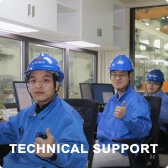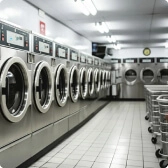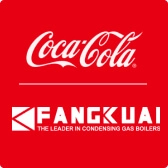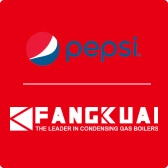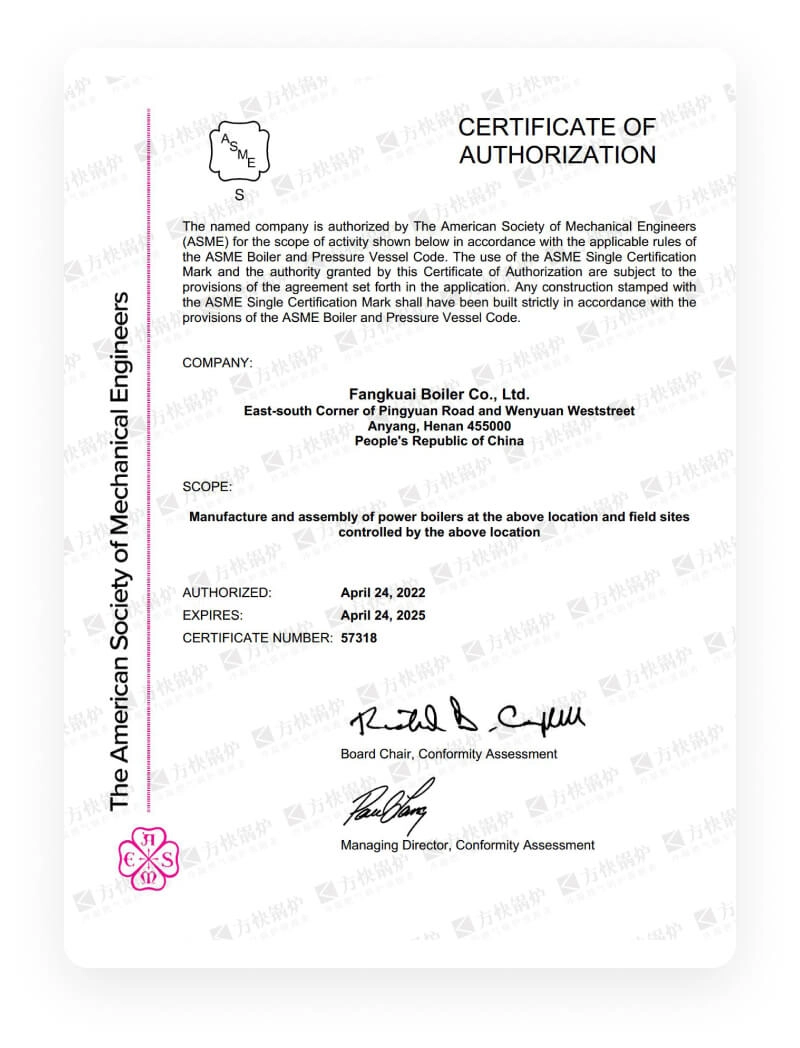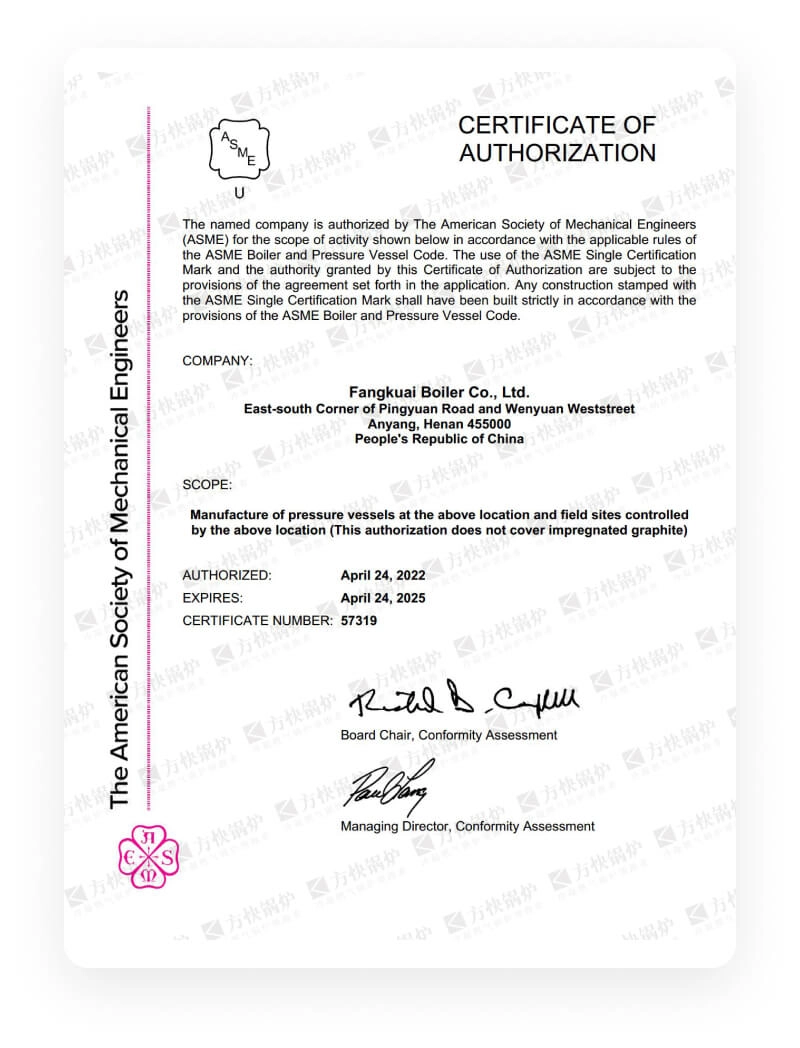Steam Boilers vs. Steam Generators: How Fangkuai Steam Boilers Meet Different Needs
date: 2024-08-14
Page preview:
Steam plays a critical role in industrial production, with widespread applications in heating, steam-driven processes, sterilization, and more. While both steam boilers and steam generators can generate steam, they differ significantly in terms of capacity, pressure, startup time, and application. Understanding these differences is crucial when choosing steam equipment, especially when considering high-performance products like Fangkuai Steam Boilers, known for their efficiency, environmental benefits, and superior performance.

1. Basic Definitions of Steam Boilers and Steam Generators
-
Steam Boiler: A steam boiler generates steam by heating water to high temperatures using the combustion of fuel (such as natural gas, coal, or diesel) or electric heating. Steam boilers are typically used in large-scale steam applications and are common in industries like manufacturing, power plants, and HVAC systems.
-
Steam Generator: A steam generator is usually used for low-pressure, small-scale steam needs, such as in laboratories, small-scale production, or cleaning. Compared to boilers, steam generators have a simpler structure and faster startup time, making them suitable for short bursts of steam supply.
2. Key Features of Fangkuai Steam Boilers
Fangkuai Steam Boilers are highly regarded for their efficiency, energy-saving features, and environmental performance. Below are their key features:
-
High Thermal Efficiency: Fangkuai Steam Boilers have a thermal efficiency range of 92% to 106%, utilizing advanced low-nitrogen combustion technology to maximize fuel energy utilization. This results in reduced energy waste and significantly higher economic efficiency through optimal combustion and smoke recovery systems.
-
Energy-Efficient and Environmentally Friendly: Fangkuai Steam Boilers are designed with a focus on sustainability, employing low-nitrogen combustion to ensure NOx emissions are below 30mg/Nm³, in line with stringent environmental regulations. Additionally, their condensing technology captures and reuses waste heat from flue gases, further improving efficiency and reducing environmental impact.
-
Quick Startup: Fangkuai Steam Boilers can produce steam in as little as 15 minutes, which makes them ideal for applications requiring rapid response to fluctuating steam demands. Whether for industrial processes or smaller-scale operations, Fangkuai boilers can provide quick and reliable steam supply.
-
High Safety Features: Fangkuai Steam Boilers come with multiple safety protection systems, such as over-temperature, over-pressure protection, water level protection, and fault alarms, ensuring the boilers operate safely and reliably, even under high-demand conditions.
-
Smart Control System: Fangkuai Boilers feature a digital smart control system that allows for remote monitoring and automatic adjustments, ensuring optimal operation at all times. The system tracks critical parameters like combustion efficiency, temperature, and pressure to maintain a stable and economical steam supply.
3. Comparing Capacity and Pressure of Steam Boilers and Steam Generators
-
Steam Boilers: Fangkuai Steam Boilers are designed to handle large-scale, high-pressure steam demands. For example, the SZS Water Tube Steam Boiler from Fangkuai can produce 10 to 50 tons of steam per hour, operating efficiently at high pressure to meet the needs of industries such as chemical manufacturing, food processing, and power generation.
-
Steam Generators: In contrast, steam generators are typically used for low-pressure, small-scale steam needs. They are ideal for laboratory experiments, small-scale commercial kitchens, and other low-demand applications, where large-scale steam production is unnecessary.
4. Applications of Steam Boilers and Steam Generators
5. Energy Efficiency and Environmental Impact
-
Fangkuai Steam Boilers: Fangkuai Steam Boilers operate with thermal efficiencies ranging from 92% to 106%, utilizing advanced combustion and condensing technology to recover waste heat. This maximizes energy utilization and reduces environmental impact. Their low NOx emissions make them compliant with the strictest environmental standards, helping businesses lower their carbon footprint.
-
Steam Generators: While steam generators are energy-efficient for small-scale needs, they tend to have higher energy consumption when used for larger applications, making them less efficient compared to steam boilers in industrial contexts.
6. Maintenance and Operation
-
Fangkuai Steam Boilers: Fangkuai boilers are designed for easy installation and maintenance, featuring modular components that simplify both setup and servicing. The smart control system enables remote monitoring and technical support, ensuring the boiler remains in optimal condition over time and reducing the need for frequent manual intervention.
-
Steam Generators: Steam generators are simple and cost-effective to maintain, ideal for smaller-scale operations. However, for high-demand, long-duration use, steam generators are less efficient and may require more frequent maintenance compared to steam boilers.
7. Safety Features
-
Fangkuai Steam Boilers: Fangkuai Boilers come equipped with multiple safety features, including overpressure, overheating alarms, and automatic shutdown protection, ensuring that the boiler remains safe and functional even under high-pressure and high-temperature conditions.
-
Steam Generators: Steam generators typically operate at lower pressures and have basic safety mechanisms, such as overheat protection, but they may not be equipped with the same extensive safety systems as industrial-grade steam boilers.
8. Choosing the Right Equipment
-
Choosing a Steam Boiler: If your operation requires large-scale, continuous, high-pressure steam, Fangkuai Steam Boilers are the ideal solution. They provide efficient, reliable steam for industrial, power, and district heating applications.
-
Choosing a Steam Generator: For smaller-scale operations or low-pressure steam needs, such as laboratory work or commercial kitchens, a steam generator may be more appropriate, especially if quick steam is required in short bursts.
Conclusion
Both steam boilers and steam generators have distinct advantages based on the scale of operation, steam pressure, and specific needs. Fangkuai Steam Boilers, with their 92%-106% thermal efficiency, low NOx emissions, rapid startup time, and smart control systems, are ideal for large-scale, high-demand industrial applications. Whether for manufacturing, power generation, or centralized heating, Fangkuai Steam Boilers provide a highly efficient, cost-effective, and environmentally friendly solution.
If you're interested in learning more about Fangkuai Steam Boilers or would like a free design proposal and quotation, feel free to contact us anytime.


